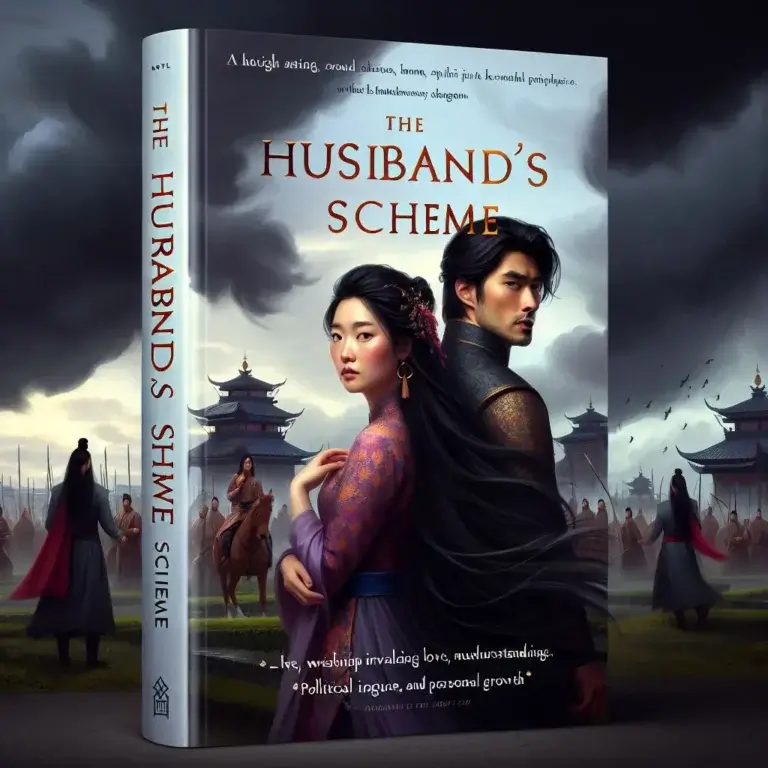The repairman called by Li Jing fixed the light, and Qi Shejiang watched the entire process, making the repairman feel quite uncomfortable. After the repair was done, this handsome young man praised him as truly impressive, and his gaze was quite sincere, making the repairman doubt whether he had just fixed the light or a spaceship. After the repairman left, Qi Shejiang also went out; this was his first time going out alone since arriving in this time and space. He felt that after a few days of observation and learning, he had acquired the ability to go out on his own. However, as soon as he reached the bottom of the building, he was blocked by reporters who had been waiting. One greeted him, “Good afternoon, Jesse.” Qi Shejiang knew that was his Western name; he didn’t recognize the other person, but since they greeted him, he naturally responded, “Hello.” The reporter was overjoyed. Qi Shejiang acknowledging the name Jesse basically meant he officially recognized himself as the son of Xia Yiwei! The reporter seemed to be pumped up, “Li Jing just left here, did he go to your home? Were you discussing your upcoming work? Can you reveal the direction of future development? What will you be doing?”
They were basically trying to find out whether Qi Shejiang would participate in Pineapple Media’s new group or inherit his mother’s legacy to be an excellent vase… uh, singer or actor?
Regarding this topic, Qi Shejiang, who had previously avoided it, suddenly said, “I want to perform crosstalk next.” Reporter: “??”



